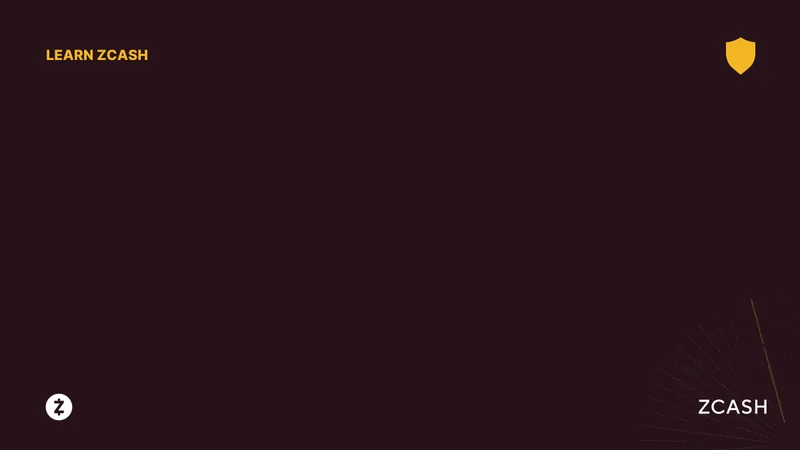Alright, let's cut to the chase. Zcash (ZEC) is making headlines with a 15x price surge since September, while Bitcoin (BTC) is, frankly, stumbling. The question isn't whether Zcash is up – the charts don't lie – but why, and whether this rally has any legs.
Cypherpunk Technologies, formerly Leap Therapeutics (a biotech firm—talk about a pivot), is betting big on Zcash. They just dropped another $18 million on 29,869.29 ZEC, bringing their total holdings to 233,644.56 ZEC. That's 1.43% of the total ZEC supply. Their average buy-in? $291.04 per coin. Not bad, considering Zcash recently traded around $626. Cypherpunk Technologies adds $18M to Zcash holdings
Now, here's where my skepticism kicks in. Cypherpunk's stock (CYPH) is up 469% in a month. Coincidence? Unlikely. The market's clearly reacting to this Zcash pivot. But is it a rational reaction, or just speculative froth? Are investors genuinely assessing the long-term value of Zcash's privacy features, or are they just chasing the next shiny object in crypto?
The involvement of Winklevoss Capital adds another layer. The Winklevoss twins, known for their Bitcoin holdings and the Gemini exchange, are backing Cypherpunk's play. Is this a calculated move to boost Zcash's profile, or a genuine belief in its potential as "encrypted Bitcoin," as Galaxy Digital Research Analyst Will Owens puts it? (A phrase that sounds suspiciously like marketing copy, if you ask me).
The core argument for Zcash rests on privacy. Its zero-knowledge proofs make transactions difficult to trace, appealing to those wary of increasing on-chain surveillance. As Bitcoin becomes more mainstream, with ETFs and institutional adoption, the appeal of a truly private cryptocurrency grows. Think of it like this: Bitcoin is the glass-walled office of finance, while Zcash is the unmarked, soundproof room in the back.
But here's the catch: regulators hate privacy coins. Anti-money laundering (AML) rules are tightening globally, and coins like Zcash are facing increased scrutiny and delistings from exchanges. The article mentions new European AML legislation pushing exchanges to remove coins they can't easily monitor. That’s a major headwind.

Is Zcash's privacy worth the regulatory risk? That's the million-dollar question (or, given the current Zcash price, the $626 question). And this is the part of the report that I find genuinely puzzling. If Cypherpunk believes in the long-term viability of Zcash, they must be betting that either (a) regulators will back down, or (b) Zcash can find a way to comply with regulations without sacrificing its core privacy features. Neither scenario seems particularly likely, does it?
Zcash recently experienced a 14% drop in a single day. Just two months prior it traded around $50. The decline is similar to how the general market has performed lately. Still, despite losses, some analysts are optimistic and are predicting rises towards $800 or even $1,800 in the next few months.
Hayes claims Zcash could overtake XRP after a 43% surge.
One article frames Zcash as a potential "millionaire-maker" compared to Dogecoin (DOGE). The argument is simple: Zcash has a limited supply (21 million coins, like Bitcoin), while Dogecoin has an infinite supply. Scarcity, in theory, drives value. Better Millionaire-Maker Cryptocurrency: Dogecoin (DOGE) vs. Zcash (ZEC)
Turning $5,000 into $1 million requires a 200X return. At its current market cap, that would imply Dogecoin someday being worth around $5.2 trillion, or more than the combined market cap of all cryptocurrencies, and larger than any single company on Earth. It's not impossible, but the odds are very long.
But here's where the comparison falls apart. While Zcash might be mathematically superior to Dogecoin, it's also facing a far greater regulatory threat. A coin can have all the scarcity in the world, but if it's outlawed, it's worthless.
Ultimately, this Zcash surge feels less like a fundamental shift and more like a calculated pump, orchestrated by savvy players like the Winklevoss twins. The privacy narrative is compelling, but the regulatory hurdles are enormous. Until those hurdles are cleared, Zcash remains a high-risk, high-reward gamble – not a long-term investment.